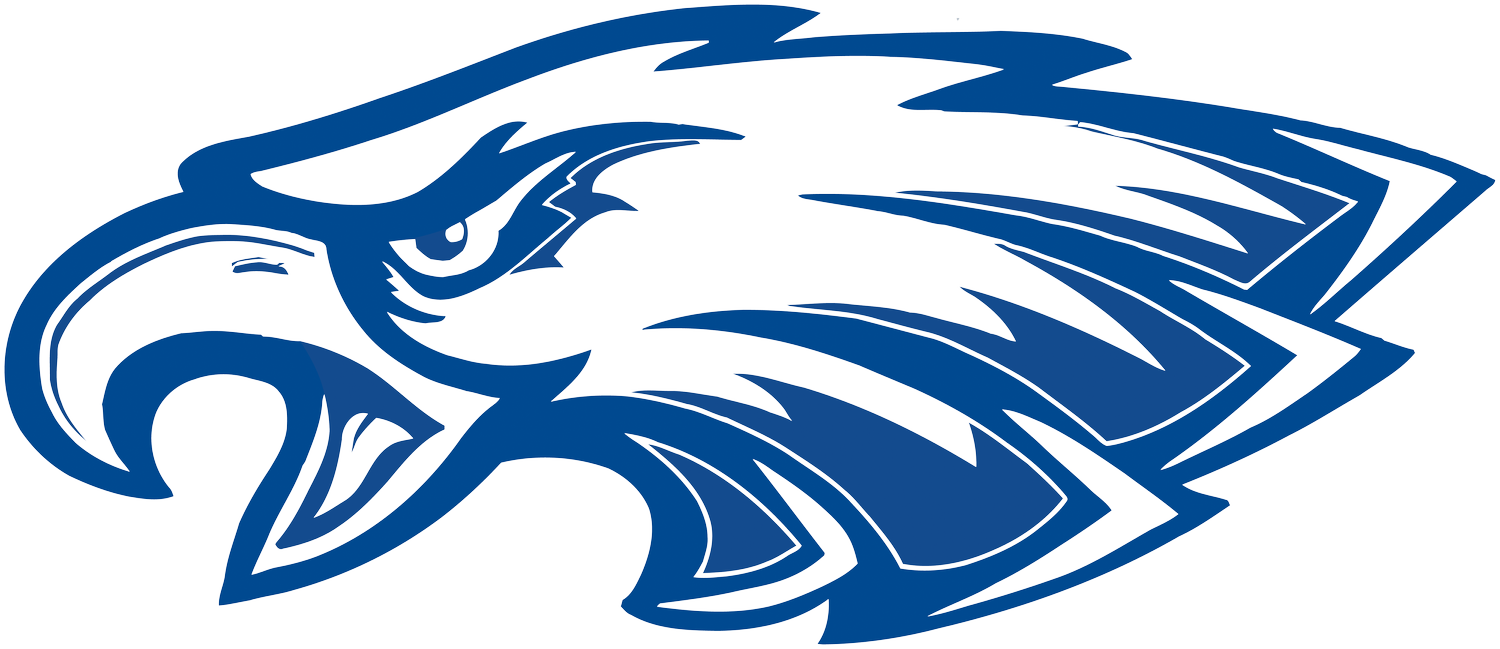AG SCIENCE DEPARTMENT
+ AG GOVERNMENT AND POLICY
(1 Semester) In this course, students will pursue a deeper understanding of the institutions of American government. They will conduct an in-depth study of the system of government in the world today and analyze the life and changing interpretations of the Constitution, Bill of Rights, and the current state of the legislative, executive and judiciary branches of government. An emphasis is placed on analyzing the relationship among federal, state, and local governments and their relationship to agriculture and agribusiness. This course will create civic literacy as students prepare to vote, participate in community activities and assume the responsibility of citizenship.
Prerequisites: Grade of C or better in U.S. History. Eligibility: 12th grade
+ AG BUSINESS AND ECONOMICS
(1 Semester) This course is designed for advanced study of agriculture business opportunities and economics for college bound students with an interest in agriculture. Through the course, students will understand and apply basic economic principals as they relate to individual consumers, production agriculture, and agri-business management. Life skills such as resumes, job applications, interview skills, and college and scholarship applications are included. The students will develop a "business" that will produce, package, determine prices, and market their products. Students will keep accurate records of expenses, receipts, and profit/losses. At the conclusion of the course, profits are split equitably among all participants.
Prerequisites: Grade of C or better in U.S. History. Eligibility: 12th grade
+ AGRICULTURE BUSINESS LEADERSHIP
This course is designed for advanced study of agriculture business opportunities and economics for the college-bound students with an interest in agriculture. Through the course, the students will understand and apply basic economic principals as they relate to individual consumers, production agriculture, and agri-business management. Life skills such as resumes, job applications, interview skills, and college and scholarship applications are included. The students will develop a "business" that will produce, package, determine prices, and market their products. Students will keep accurate records of expenses, receipts, and profit/losses. The the conclusion of the course, profits will be split equitably between all participants.
+ AG FOOD AND NATURAL RESOURCES
Prerequisite: None Eligibility: 9th grade
+ BIOLOGY AND SUSTAINABLE AG
Ag Biology starts off with an introduction to biology leading into various topics such as biospheres, ecosystems, cell biology, genetics, evolution, microorganisms, plant science and animal science as they relate to agriculture. Students continue their involvement in FFA.
Prerequisite: Grade of B Integrated Physical Science or Agricultural Physical Science
Eligibility: 9th-10th grades
+ ORNAMENTAL HORTICULTURE
This course allows students to apply an artistic approach to floral design. Students will explore elements and principles of design, two or three dimensional designs, history of floral art, arrangement styles and techniques, seasonal, holiday and occasional designs. Students will achieve this through creating, designing, identifying, explaining and evaluating all topics of study. In addition, all students will learn various types of cut and potted foliage, potted flowering plants, fresh flowers, tools, materials, display techniques, cut flower care and wedding consulting.
Prerequisite: None Required
Eligibility: 9-12 grades … specifically for students in the Ag Science Program
+ VETERINARY SCIENCE
Veterinary Science is a course designed to provide students an applied scientific study in the area of animals and veterinary care. This course focuses on the application of animal anatomical and physiological knowledge to the maintenance and improvement of animal health to include: clinical diagnosis of disease and parasites, administration of medications and common surgical procedures. Biological applications include studies in cells, genetics, evolution, and ecology as they pertain to the animal/veterinary field. The feline dissection and various other livestock specimens serve as a supplemental lab practicum throughout the duration of this course. Each unit includes a clinical practice component at the conclusion to put the knowledge learned into a real veterinary clinical situation. Additional emphasis is placed on industry practices to include office procedures, public relations and communications, and laboratory skills.
Veterinary Science courses impart information about the causes, diagnosis, and treatment of diseases and injuries of animals, typically emphasizing domestic and farm animals. Course topics focus on anatomy and physiology, nutrition, behavior, and reproduction, sanitation and use of veterinary supplies and equipment. Participation in FFA student organization activities and Supervised Agricultural Experience (SAE) projects is an integral course component for leadership development, career exploration and reinforcement of academic concepts.
